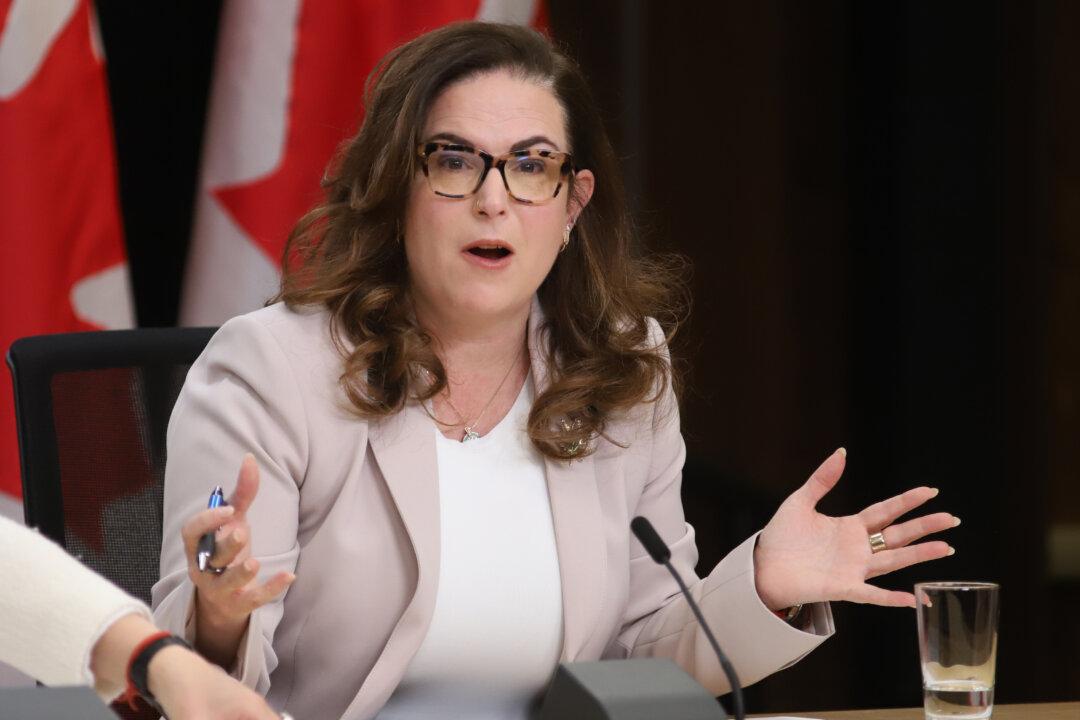Health Canada is seeking more data on substance use rates and treatment capacity as it considers British Columbia’s request to recriminalize open drug use in public places such as hospitals and playgrounds.
The B.C. Mental Health and Addictions Ministry responded to a Health Canada request “right away to provide further information” as Ottawa considers an exemption to the drug decriminalization pilot project in the province, Minister Jennifer Whiteside said in the B.C. legislature May 1.





